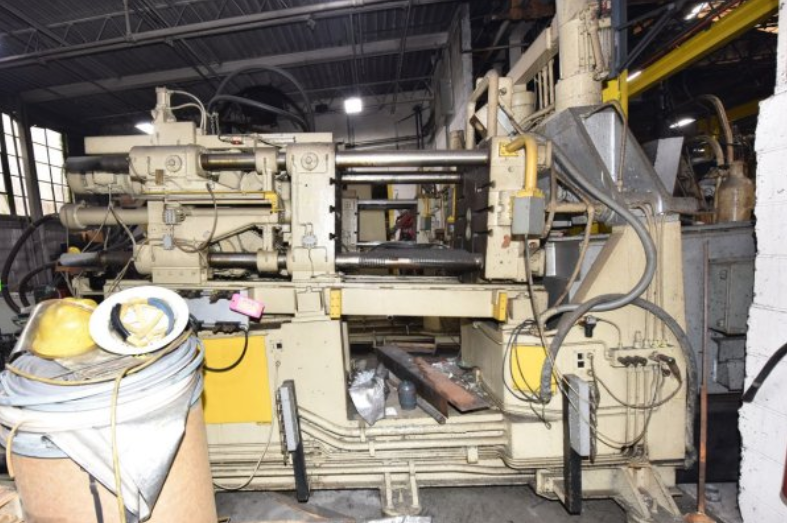
Bicycle Freehub 12/14/16 Inch Children Bike Low Rider Bikes Մագնեզիումի ալյումինե խառնուրդ Մանկական հեծանիվ 3-8 տարեկան Պահեստում

Factory Custom China Bmx Cycles Road Sport Kids Bicycle 12 16 18 20 Inches Cycle Mtb Երեխաների համար 6-10 տարեկան

Մագնեզիումի ալյումինե խառնուրդ Մանկական հեծանիվ 3-8 տարեկան Էժան տաք վաճառք 14 դյույմ մանկական հեծանիվ FOREVER Մեծածախ 2022 թ.

Հանրաճանաչ մանկական սպորտային հեծանիվ Բարձրորակ մանկական հավասարակշռության հեծանիվ մանկական հեծանիվ

Էլեկտրական հեծանիվ Մագնեզիումի խառնուրդ 12 դյույմ ինտեգրված անիվ 36v10ah Էլեկտրական մոպեդ

Մեծածախ մագնեզիումի խառնուրդ մանկական ցիկլ 3-ից 5 տարեկան 12 դյույմ մանկական ցիկլ OEM էժան

Հեծանիվներ երեխաների համար Մանկական հեծանիվներ 3-16 տարեկան երեխայի համար /OEM Baby Children Cycle Kids Mountain Bicycles 2022 թ.

2022 Մեծածախ Թեժ Վաճառք Հեծանիվների Պահեստամասեր Մագնեզիումի Ալյումինե Մանկական Հեծանիվ Առանց ոտնակային մնացորդի Հեծանիվ Մանկական Բազմաթիվ Գույներ Հասանելի են

 0086-750-5616188
0086-750-5616188 +86 13392089688
+86 13392089688 sales@zhongmei-tech.com
sales@zhongmei-tech.com








